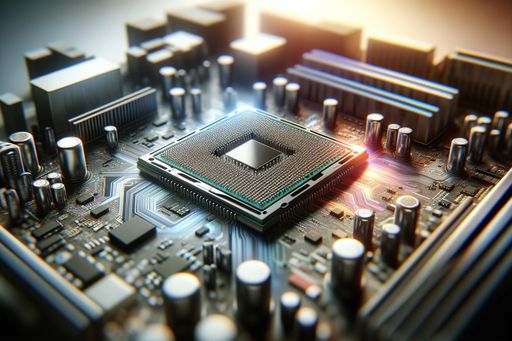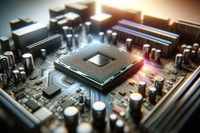Quantum Computing: Taming the Noise
Researchers are making progress in handling the noise that hampers quantum computing.

The Challenge of Noise
Quantum computers are highly sensitive to noise, which can cause errors and disrupt computations. This has hindered the progress of useful quantum computers.
However, recent breakthroughs in both hardware and software strategies have raised hopes that the noise problem can be overcome. Researchers are finding ways to suppress, mitigate, and clean up quantum errors.
Earl Campbell, vice president of quantum science at Riverlane, notes that there is growing evidence in defense of optimism about noise reduction.
Cloud-Based Quantum Computing
Jay Gambetta, head of development for IBM's quantum computers, played a key role in the initiative to make quantum systems available through cloud computing. This allowed researchers to access and operate IBM's quantum computers remotely.
The introduction of cloud-based quantum computing marked a significant milestone in the field. It gained popularity quickly, attracting thousands of users who identified the challenges posed by noise.
The accessibility of quantum computers through the cloud has led to a deeper understanding of the noise problem and the development of new noise-handling techniques.
Solutions for Noise Control
Researchers have devised several solutions for managing and reducing noise in quantum computers. These solutions can be grouped into three categories: error suppression, error mitigation, and quantum error correction (QEC).
Error suppression involves using classical software and machine-learning algorithms to analyze and reconfigure quantum circuits and qubits in order to better protect the information stored in them.
Error mitigation involves applying noise-canceling techniques to reduce the impact of errors during computations and in the final output. Post-processing techniques have also been developed to clean up noise after the computation is done.



